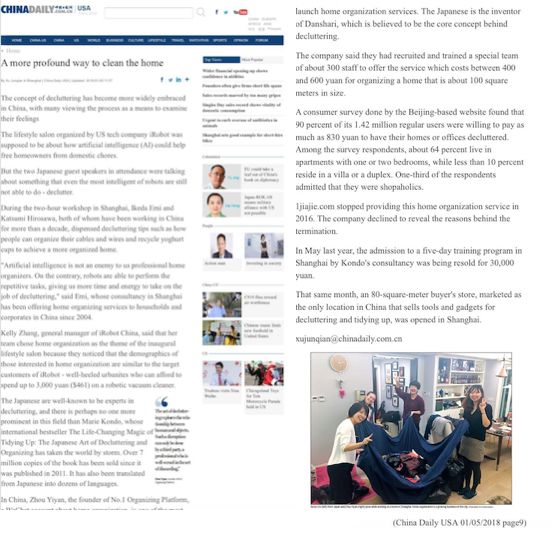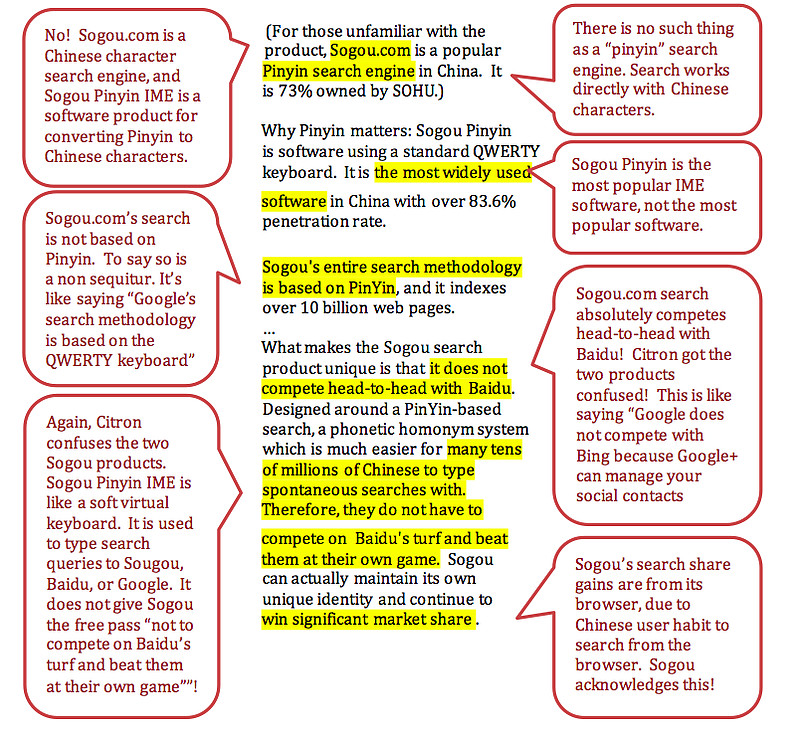### Understanding FHA Loan Qualifications: Your Guide to Homeownership
#### What are FHA Loan Qualifications?FHA loan qualifications refer to the criteria set by the Federal Housing Administration (FHA) that borrowers must meet……
#### What are FHA Loan Qualifications?
FHA loan qualifications refer to the criteria set by the Federal Housing Administration (FHA) that borrowers must meet to qualify for an FHA-insured mortgage. These loans are designed to help low to moderate-income individuals and families achieve homeownership. Understanding these qualifications is crucial for anyone considering buying a home with an FHA loan.
#### Credit Score Requirements
One of the primary FHA loan qualifications is the credit score. Generally, borrowers need a minimum credit score of 580 to qualify for a 3.5% down payment. If your credit score is between 500 and 579, you may still qualify, but a larger down payment of at least 10% will be required. This flexibility makes FHA loans an attractive option for those with less-than-perfect credit.
#### Down Payment Requirements

Another significant aspect of FHA loan qualifications is the down payment. As mentioned, borrowers with a credit score of 580 or higher can secure a loan with just a 3.5% down payment. This is considerably lower than conventional loans, which often require 10% to 20% down. For first-time homebuyers or those with limited savings, this lower down payment can make a substantial difference.
#### Debt-to-Income Ratio
FHA loans also consider your debt-to-income (DTI) ratio, which is the percentage of your monthly income that goes toward paying debts. Generally, the FHA recommends a DTI ratio of 31% for housing expenses and 43% for total debt. However, in some cases, borrowers may be allowed a higher DTI ratio if they have compensating factors, such as a higher credit score or substantial savings.
#### Employment History

Stable employment is another key factor in FHA loan qualifications. Lenders typically look for at least two years of steady employment in the same field. If you have gaps in your employment history, it’s essential to explain those gaps to the lender. A consistent job history can demonstrate reliability and the ability to make mortgage payments.
#### Property Requirements
The property you wish to purchase must also meet specific standards to qualify for an FHA loan. The home must be your primary residence and meet FHA appraisal standards to ensure it is safe and habitable. Additionally, certain types of properties, such as vacation homes or investment properties, do not qualify for FHA loans.
#### Mortgage Insurance Premium

FHA loans require mortgage insurance premiums (MIP), which protect the lender in case of default. Borrowers must pay an upfront premium at closing and an annual premium that is divided into monthly payments. This added cost is a crucial consideration when determining your overall budget for homeownership.
#### Conclusion
Understanding FHA loan qualifications is essential for anyone looking to buy a home, especially first-time homebuyers. The flexible credit score requirements, lower down payment options, and reasonable debt-to-income ratios make FHA loans an attractive choice for many. By meeting these qualifications, you can take a significant step toward achieving your dream of homeownership. Always consult with a qualified lender to discuss your specific situation and get personalized advice on navigating the FHA loan process.